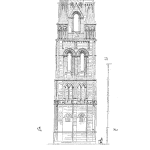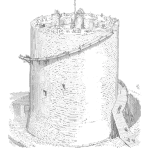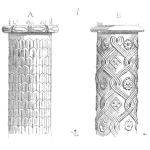
When I was a bright eyed, motivated (younger) officer in the Australian Army, one my many tasks when deployed overseas was to raise paperwork to formally request ‘battlefield material’ to be sent back home from whatever country we were in. ‘Battlefield material’ was items that included a range of mementos, keepsakes, and things you would typically see in a museum to add to the historical collections of my battalions and regiments back home.














